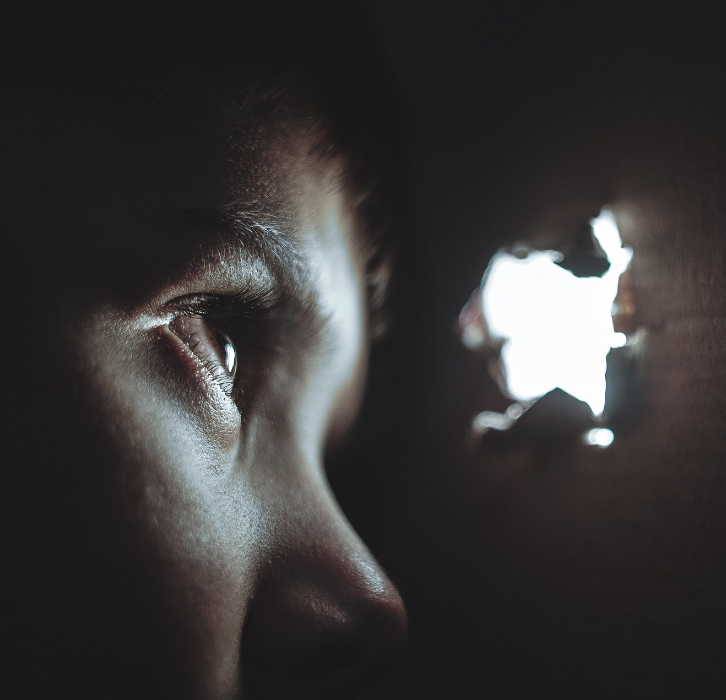Mental Health Awareness Month
Every May, advocacy organizations such as Mental Health America come together to raise awareness around needs related to mental health. These needs have increased during the coronavirus pandemic. Now that we have entered the month of June, we should reflect on the lessons learned during Mental Health Awareness Month so we can better support and advocate for mental health awareness all year long, especially for victims and survivors of child abuse.
Child abuse affects thousands…
Thousands of Americans suffer from mental health issues as a result of child abuse, including child sexual abuse. Data show, for example, that Massachusetts has one of the highest child abuse and neglect rates in the country. In 2019, the Massachusetts Department of Children and Families reviewed more than 95,000 reports of alleged child maltreatment. This led to more than 44,000 total investigations. Unfortunately, it is incredibly common for child abuse victims to struggle with their mental health. Some even go on to develop mental illness as a result of these childhood traumas. This may include depression, anxiety, post-traumatic stress disorder (PTSD), and suicidal ideation.
…and the coronavirus makes things worse
Children may experience stress and anxiety if a loved one contracts the disease or a family member has a high-risk or frontline job. Mandatory quarantines, widespread lockdowns, social distancing protocols, and other precautions may have a negative impact on children as well. Experts fear that these measures put vulnerable children and families at greater risk, especially in households where abuse and neglect already occur. These risks include the following:
- Quarantines force children to spend more time, in closer proximity, with potential abusers.
- Daycare and school closures isolate children from mandated reporters, including teachers, counselors, and coaches.
- Job losses put financial strain on already struggling households, which can lead to neglect.
- The overall uncertainty for the future can heighten anxiety and push parents or caregivers over the edge.
The coronavirus pandemic also affects survivors of childhood abuse who grapple with mental health issues. The nature of the current global crisis can increase overall stress and anxiety, making it even more difficult for those living with a mental disorder to function and perform daily tasks.
Getting and giving help
With many places in lockdown, individuals may find it difficult, if not impossible, to see mental health professionals in person. However, CDC experts, among others, understand that mental and emotional health should never take a back seat, especially during this uncertain and stressful time. Many therapists and counseling offices have transitioned to online platforms and now make virtual therapy sessions, or teletherapy, widely accessible to those in need. This means child abuse survivors and others struggling with mental health can still access help, even if they are quarantined alone and distanced from family and friends.
Child advocacy organizations at the local, state, and national levels have also adapted to ensure that resources and services are readily available for child abuse victims and survivors. In Massachusetts, for example, advocacy centers, shelters, and hotlines remain open and continue to support children and families in need. MassKids, Massachusetts Children’s Alliance, and the Massachusetts Society for the Prevention of Cruelty to Children are just a few of the organizations dedicated to preventing child maltreatment and protecting abused or neglected children. You can find a comprehensive list of advocacy organizations, as well as COVID-19 resources, at the Child Welfare Information Gateway. The Attachment & Trauma Network has also assembled resources in response to COVID-19 to stay connected with children and parents.
The pandemic has impacted everyone, particularly the victims and survivors of child abuse. As we continue to live through the pandemic and look forward to the future, we must think about what we can do both in quarantine and reopening to break the cycle of child maltreatment and prevent the lifetime consequences of abuse. Supporting vulnerable families and donating to advocacy groups such as ATN are two important ways you can help.
Resources:
- https://www.mhanational.org/mental-health-month
- https://www.mass.gov/files/documents/2019/12/30/ANNUAL%20REPORT%20FY2019_0.pdf
- https://www.latimes.com/california/story/2020-05-07/coronavirus-anxiety-children-long-term-mental-health-impacts
- https://www.abuselawsuit.com/
- https://www.cdc.gov/coronavirus/2019-ncov/daily-life-coping/managing-stress-anxiety.html
- https://adaa.org/finding-help/telemental-health
- https://www.attachmenttraumanetwork.org/atns-covid-19-response/



